

Max Davies
2026 GWM Haval Jolion review
1 Hour Ago
After threatening to pull the plug on some of its brands, Stellantis has issued a statement saying it has an "unwavering commitment" to all 14 of them.

News Editor
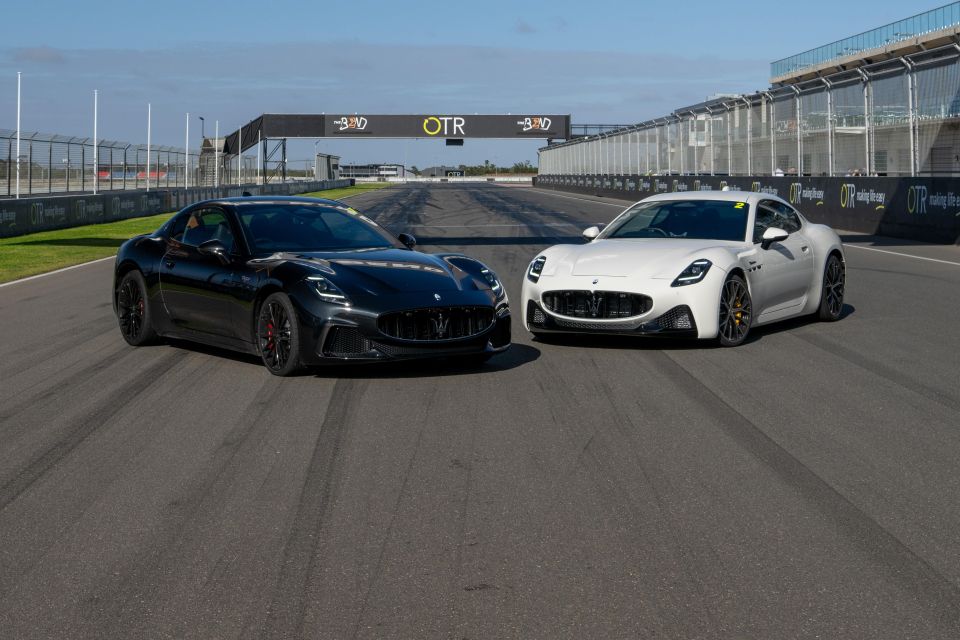

News Editor
Recent remarks from Stellantis CEO Carlos Tavares suggested the automotive giant could be looking to off-load some of its 14 brands, but the company has now denied any such plans.
“Stellantis restates unwavering commitment to Maserati’s bright future as the unique luxury brand of the 14 Stellantis brands,” the carmaker said in a statement published by Reuters.
Of its brands, Stellantis publishes only individual financial results for Maserati.
Its flagship brand had a disappointing first half of this year, with sales falling by more than half compared to the first six months of 2023.
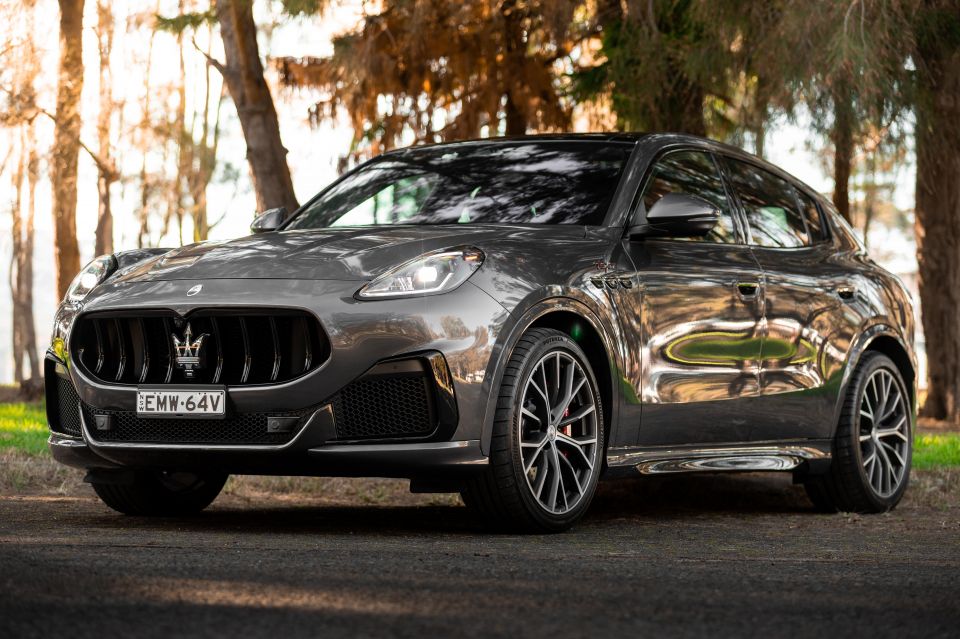
It also had an adjusted operating loss of €82 million (A$135.84 million) and a negative 13 per cent adjusted operating margin, down from a profit of €121 million (A$200 million) and a positive 9.2 per cent margin in 2023.
“The future is about how we maintain best value,” said Stellantis CFO Natalie Knight in remarks reported byAutomotive News Europe.
“There could be some point in the future when we look at what’s the best home for [Maserati].”
CEO Carlos Tavares was similarly candid.
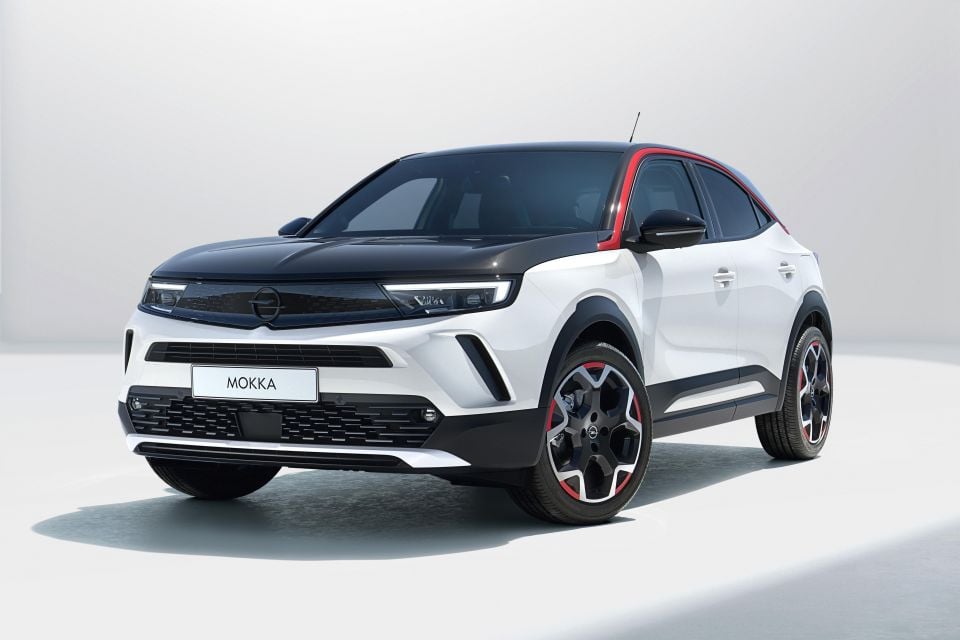
“If [brands] don’t make money, we’ll shut them down. We cannot afford to have brands that do not make money,” said Mr Tavares in remarks reported by Reuters last week.
He also took to Bloomberg Television to affirm he was willing to make cuts.
“There is no taboo. There is absolutely no taboo, the brands are intangible assets that we respect, we believe that they are here to be leveraged,” he said.
“So we do respect the brands, we do respect the fan bases of the brands, but there is no taboo.
“If they are not able to monetise the value that they represent, then decisions will come.”
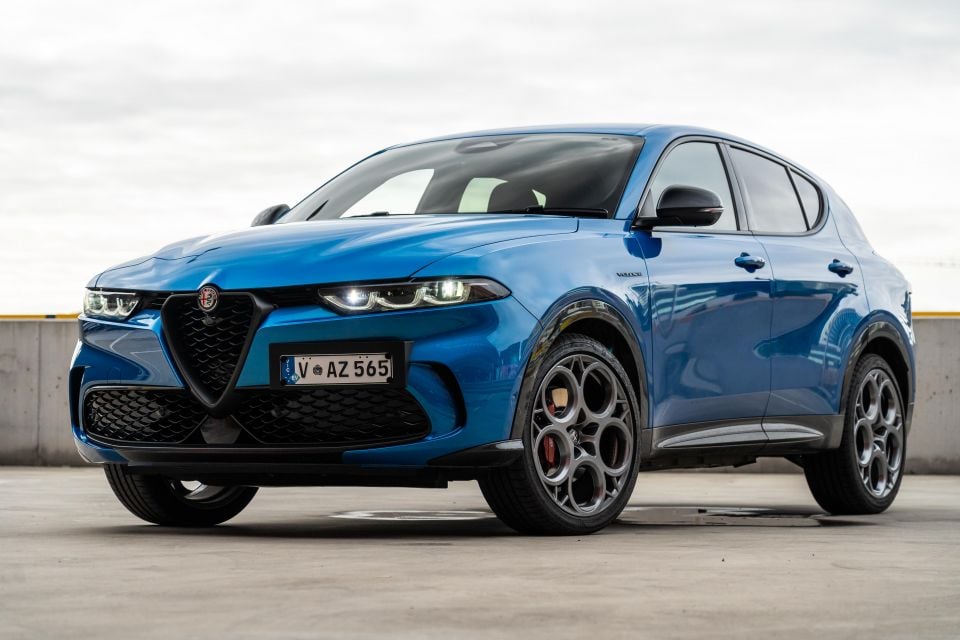
While he said all of the company’s brands are profitable for now, Stellantis’ financial results for the first half of this year show it posted a 48 per cent decline in net profit, while its operating margin shrunk to 10 per cent.
Mr Tavares called the results “disappointing and humbling”, and said Stellantis was currently in a transitional period and blamed high R&D expenses, failed marketing tactics, and “operational flaws”.
Maserati has been referred to as the “crown jewel” in Stellantis’ sprawling portfolio, positioned above even what Stellantis calls its ‘Premium’ brands: Alfa Romeo, DS and Lancia.
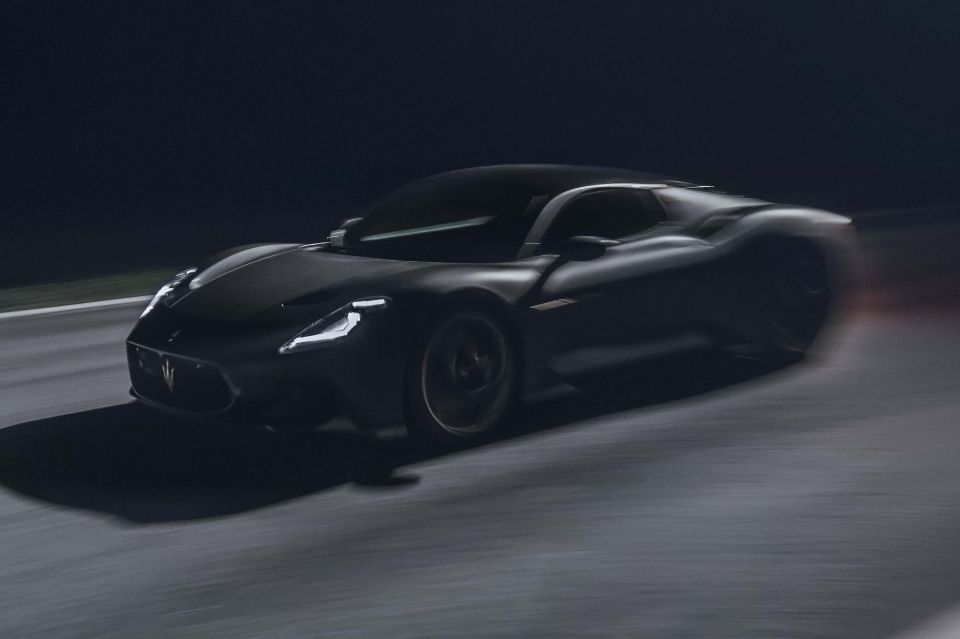
That brings the potential for big profits, but it’s currently in a transition stage.
It previously said it planned to go electric-only by 2030, but recently delayed electric replacements for the Levante and Quattroporte.
The current models recently went out of production, along with the Ghibli, while sales of the new Grecale – soon to offer an optional electric powertrain – have also slumped in markets like Europe and Australia.
Mr Tavares announced in 2021 Stellantis would give all its brands a “time window of 10 years and funding for 10 years to do a core model strategy”.
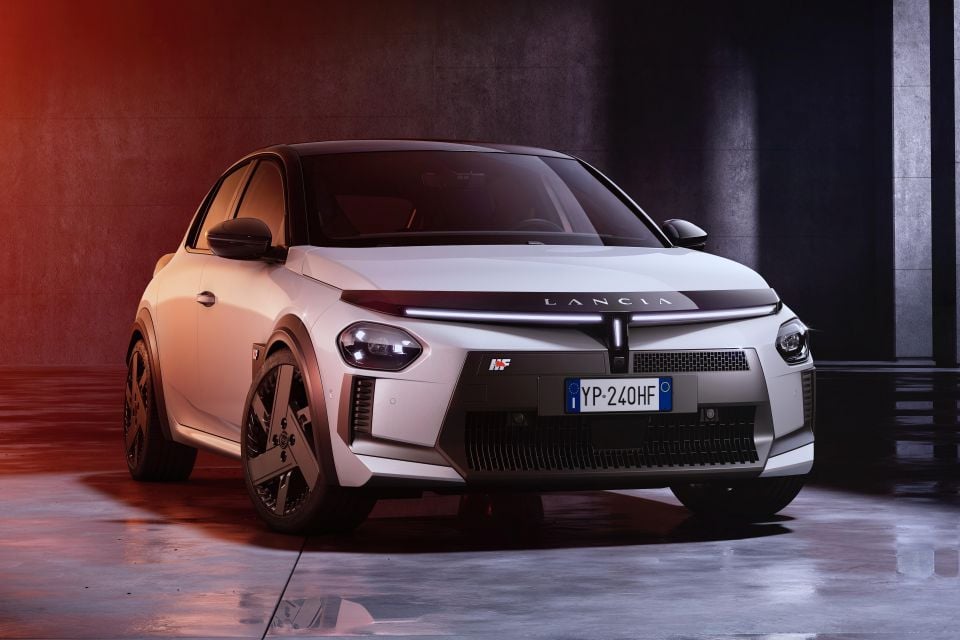
That includes Lancia, which had been relegated to offering just one model in one market, but which is now receiving an expanded lineup ahead of a return to other European markets.
It also includes Chrysler, which was also recently reduced to just one model.
Stellantis’ 14 brands, not including its recently established joint venture with China’s Leapmotor, comprise Abarth, Alfa Romeo, Chrysler, Citroen, Dodge, DS, Fiat, Jeep, Lancia, Maserati, Opel, Peugeot, Ram and Vauxhall.
Many of these brands are heavily region-specific.
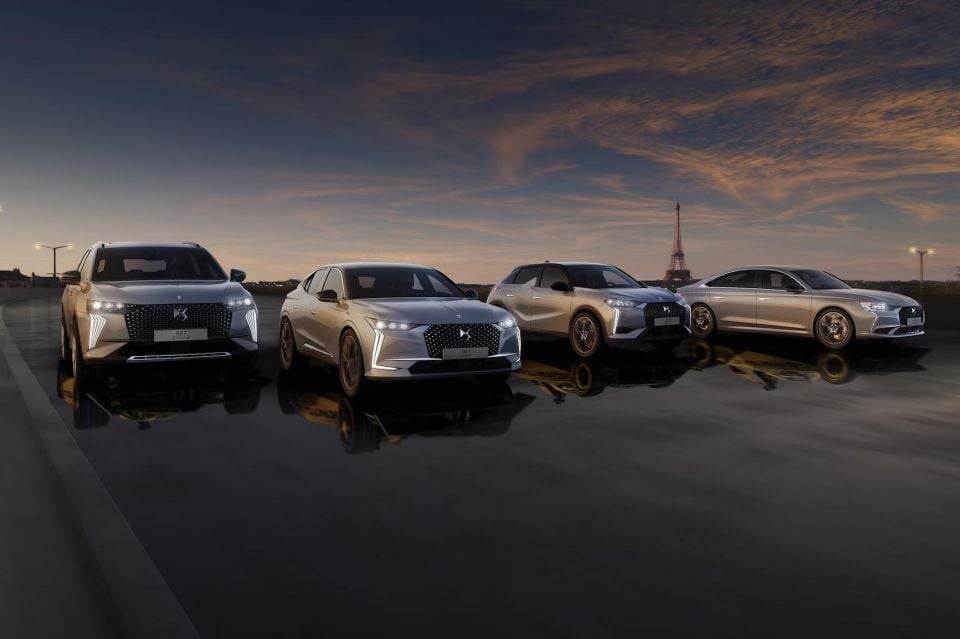
DS, a more luxurious spinoff of Citroen, is heavily reliant on Europe after its attempt to crack the Chinese market flopped.
Mass-market Stellantis brands like Opel also rely heavily on the (admittedly high-volume) European market, without having another high-volume market to fall back on like Fiat has with South America.
American brands like Dodge and Ram rely heavily on North American sales, while Jeep is facing headwinds despite strong global demand for SUVs and excellent name recognition.
MORE: Everything Stellantis MORE: Jeep, Maserati parent says it’s willing to dump some of its less successful brands
William Stopford is an automotive journalist with a passion for mainstream cars, automotive history and overseas auto markets.


Max Davies
1 Hour Ago


Damion Smy
9 Hours Ago
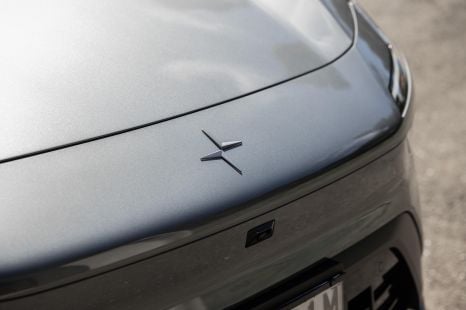

Damion Smy
10 Hours Ago
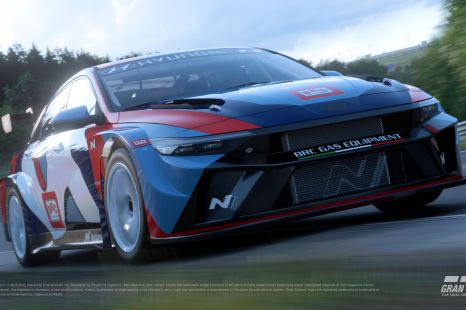

Damion Smy
12 Hours Ago
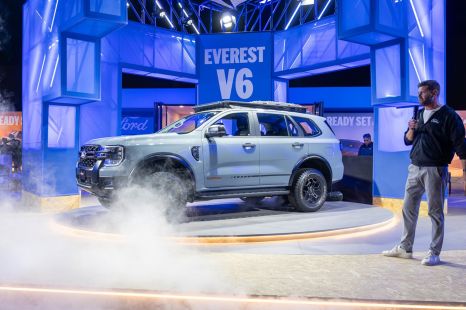

Damion Smy
14 Hours Ago


CarExpert.com.au
15 Hours Ago